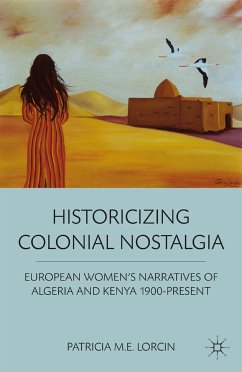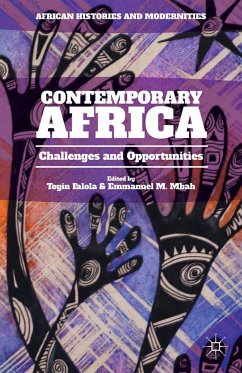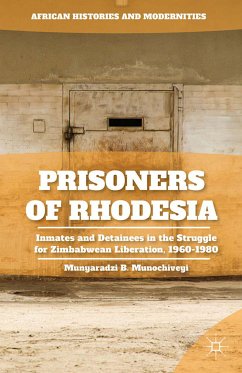
Intellectual History in Contemporary South Africa (eBook, PDF)
Versandkostenfrei!
Sofort per Download lieferbar
40,95 €
inkl. MwSt.
Weitere Ausgaben:

PAYBACK Punkte
20 °P sammeln!
In examining the intellectual history in contemporary South Africa, Eze engages with the emergence of ubuntu as one discourse that has become a mirror and aftermath of South Africa s overall historical narrative. This book interrogates a triple socio-political representation of ubuntu as a displacement narrative for South Africa s colonial consciousness; as offering a new national imaginary through its inclusive consciousness, in which different, competing, and often antagonistic memories and histories are accommodated; and as offering a historicity in which the past is transformed as a symbol...
In examining the intellectual history in contemporary South Africa, Eze engages with the emergence of ubuntu as one discourse that has become a mirror and aftermath of South Africa s overall historical narrative. This book interrogates a triple socio-political representation of ubuntu as a displacement narrative for South Africa s colonial consciousness; as offering a new national imaginary through its inclusive consciousness, in which different, competing, and often antagonistic memories and histories are accommodated; and as offering a historicity in which the past is transformed as a symbol of hope for the present and the future. This book offers a model for African intellectual history indignant to polemics but constitutive of creative historicism and healthy humanism.
Dieser Download kann aus rechtlichen Gründen nur mit Rechnungsadresse in A, B, BG, CY, CZ, D, DK, EW, E, FIN, F, GR, HR, H, IRL, I, LT, L, LR, M, NL, PL, P, R, S, SLO, SK ausgeliefert werden.












